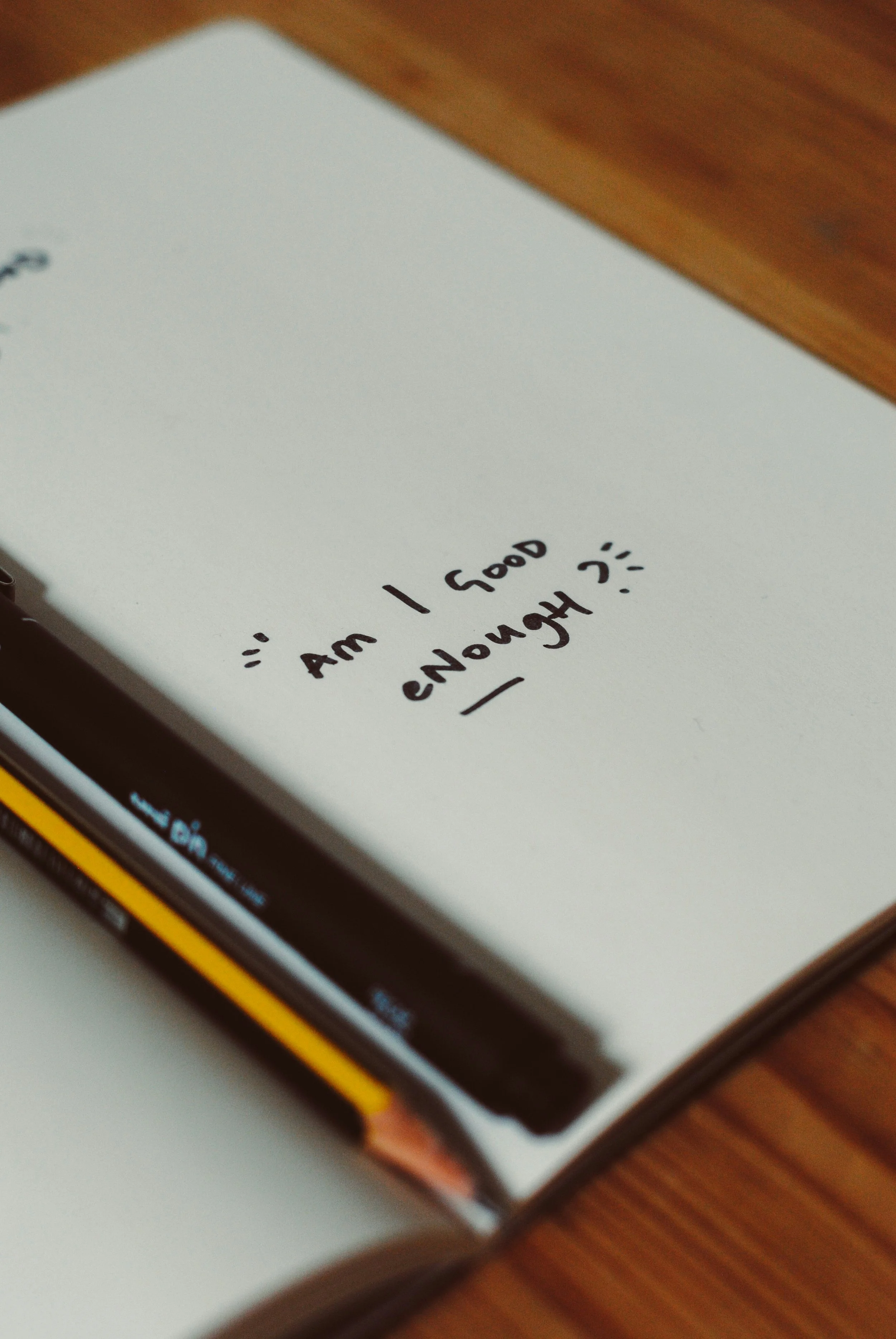“Not Enough”
In our struggle to feel, be, and do “enough,” we often measure our self-worth by external sources like social media, to-do lists, or the scale. I get it — that was part of my eating disorder journey too, which I open up about in this blog. I also share what helped me to claim my “enoughness.” If you are exhausted from the constant effort to do and be “enough,” this blog offers some concrete ideas to help you release dependence on external factors that sabotage your self-worth.
We Made the Top 20 Eating Disorder Blogs
Thanks to the dedication and support of all of our readers and guest contributors, the Yoga for Eating Disorders Blog has been ranked #5 out of the top 20 blogs about eating disorders by FeedSpot!
Daily Rituals That Have Helped Me Heal Decades of Eating Disorders
For Lisa Faremouth Weber, developing daily rituals and routines helped her overcome decades of suffering from eating disorders. Read Lisa’s story of recovery and how she uses daily rituals to gain power, strength, and personal sovereignty in her life.
Our Heroic Journey
Meet guest contributor Layla Caroni. At age 27, after 10 years of struggling with an eating disorder, Layla faced herself in the mirror and began what she calls the most significant journey of her life: her Hero’s journey to recovery. Read Layla’s inspiring story, which is also an invitation to view your own recovery journey as heroic.
When Old Triggers and Food Rules Show Up in Unexpected Places
Years ago, when dropping my daughters off at daycare, I encountered a most unexpected trigger that set off a spiral of old thoughts and food rules in my mind. Here I get honest about that moment of struggle and the aftermath of feeling ashamed and then finding a way to release the “old” stuff that came up for me at the school. I hope this blog is reminder that healing isn’t linear, and it’s OK if you are ebbing and flowing on your journey.
The "Success" of Recovery Is Not Measured in "Happiness"
Learning the yogic definition of contentment was an important turning point in my recovery because I could let go of the pressure to be happy all the time, or even to always like my body. Here I share how a most unexpected role model showed me I was free from measuring the success of my recovery by the depth of my happiness.
Grieving the Eating Disorder
I experienced grief off and on during my recovery, especially in the beginning when I started to consistently make choices that aligned with recovery and not the eating disorder. I invite you to read about a pivotal moment in my journey, when I learned what it actually means to grieve the eating disorder, and why this emotion is a natural and important part of healing.
“You Look Healthy:” Why These Words Can Be So Hard to Hear
For so many of us in recovery, being “healthy” creates quite a conundrum. Although we commit to health and desire the benefits that come from being healthy, it can be painfully difficult to hear the words: “You look healthy.” Here I open up about the trouble I had with this word, and how I eventually learned to expand my definition of healthy from one rooted in eating disorder thinking to one that aligns with recovery values.
I'm an Eating Disorder Dietitian and I Didn’t Know I had an Eating Disorder
In her 20s, guest contributor Rebecca Berg, MS, RDN (she/her/hers), became obsessed with exercise and controlling her food intake and weight, only to realize that she was experiencing an eating disorder at the very same time she was studying to become a Registered Dietitian. Rebecca bravely shares what it meant to her to acknowledge she had an eating disorder and how she reframed the stories that were keeping her stuck. Rebecca’s story is an invitation for everyone—including those in the helping and healing professions—to recognize that their struggles do not diminish their worth.









